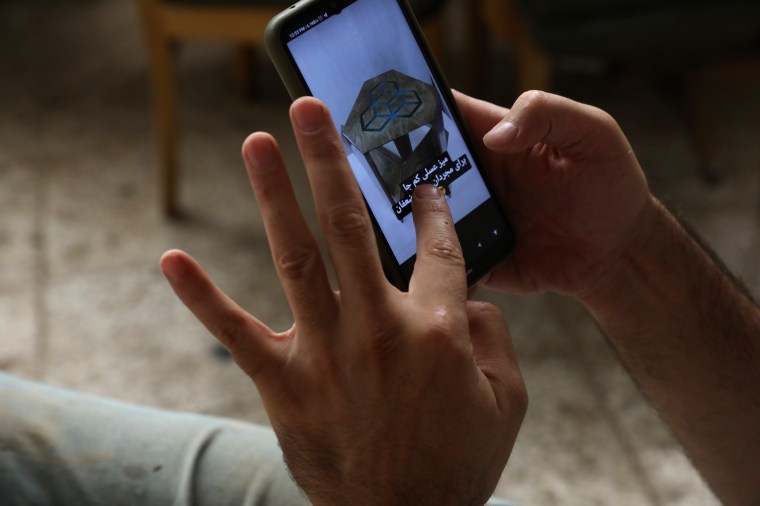Washington, D.C., November 1, 2021 — The Committee to Protect Journalists expressed concern today that Iran’s parliament is moving ahead with a restrictive internet bill, despite objections from citizens and international observers.
The legislation, the Cyberspace Users Rights Protection and Regulation of Key Online Services Bill, was undergoing review by a parliamentary subcommittee in October, according to local news reports and the Iran-focused Filterwatch, a project by the U.K.-based digital rights group Small Media. According to local news outlets, an October 17 Instagram Live broadcast on an official parliamentary account announced that the bill is moving ahead; it is expected to be ratified early next year.
A draft of the legislation released in July 2021 and reviewed by CPJ would strengthen the government’s legal authority to block websites and platforms run by foreign technology companies without a local representative in Iran – though U.S. sanctions would prevent U.S.-based companies from appointing one, according to international freedom of expression organization Article 19; it would also require people to register their ID to access the internet.The bill is part of a campaign to create a closed national intranet under government control, according to The Iran Primer, a project of the United States Institute of Peace.
The production, sale, and distribution of VPNs and other proxy services would be criminalized if the draft became law, according to CPJ’s review and Article 19’s analysis. International social media platforms are already subject to blocking in Iran; as CPJ has reported, journalists and others rely on VPNs to access services like Telegram, Twitter, YouTube, and Facebook, because all other forms of media are controlled by the state.
“Instead of further controlling what journalists and citizens can do online, Iranian lawmakers should be finding ways to promote the free flow of information,” said CPJ Middle East and North Africa Program Coordinator Sherif Mansour. “All of society suffers when barriers to open internet access prevent journalists from doing their jobs.”
Iranian authorities have already used the national intranet project to gather information about journalists, CPJ has reported. Of the 15 journalists behind bars during CPJ’s annual census of imprisoned journalists on December 1, 2020, several were jailed for posting on social media, including Mehrnoosh Tafian, who posted on Twitter, Facebook, and Instagram.
“This [bill] is a threat to journalism, because the government potentially has more control over the information journalists can get,” Mahsa Alimardani, a researcher with Article 19, told CPJ via Zoom. “And at the moment, there’s some really incredible journalism happening inside [Iran].”
A Farsi-language, Iranian-hosted online petition calling for the government “not to create new barriers” to the internet had garnered more than one million signatures as of late October.
CPJ reached out to the Iranian mission to the United Nations in New York to request a comment on the bill, but did not receive a response before publication.
